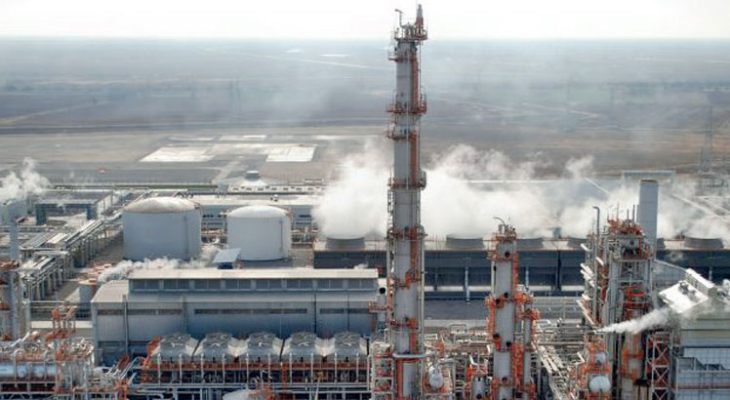
RBM Uncovers K1.4tn Worth of Investment Opportunities to Supercharge Malawi’s Economic Growth
Key Business Points
- The Reserve Bank of Malawi (RBM) has identified 19 key projects in sectors such as agriculture, tourism, mining, and manufacturing, which have the potential to transform Malawi’s economy through export growth, import substitution, job creation, and industry commercialisation, with a total estimated value of over K1.4 trillion.
- The central bank is exploring local funding options, including the banking, pension, and life insurance sectors, which have significant resources available, such as K7.4 trillion in funding resources from the banking sector, to support these projects, and is also considering wholesale lending options through the Malawi Agriculture Industrial and Investment Corporation (Maiic).
- Inward investment is being encouraged, with a focus on domestic resources and development partners, to support projects that can generate foreign exchange and reduce reliance on imports, such as the Sapitwa Beer: New Product Development (Sorghum Project), which aims to replace imported malt with locally produced sorghum.
The Reserve Bank of Malawi (RBM) has taken a significant step towards fostering economic growth in the country by unveiling the 2025 RBM Projects Compendium. This comprehensive document outlines 19 projects in key sectors such as agriculture, tourism, mining, and manufacturing, as well as the health sector, which have the potential to transform Malawi’s economic landscape. The total estimated value of these projects is over K1.4 trillion. According to Gloria Zimba, human resources and corporate affairs manager at Castel Malawi, the company’s Sapitwa Beer: New Product Development (Sorghum Project), which is seeking funding of $57 million, aims to replace malted beer with sorghum-based products, introducing a substitute raw material that will be locally produced.
The Lilongwe University of Agriculture and Natural Resources is also seeking funding for a fertiliser manufacturing plant, which is expected to generate over 2,000 jobs and save foreign exchange. This project is in line with the government’s efforts to promote import substitution and export growth. The Malawi Confederation of Chambers of Commerce and Industry has observed that the cost of financing has been a major challenge for investments, especially in agriculture. However, the compendium is expected to create opportunities for affordable financing and waivers to unlock financing. As Daisy Kambalame, CEO of the Malawi Confederation of Chambers of Commerce and Industry, noted, "We need to look within the resources we have in the country because no one will bring solutions for us." This emphasis on local resource mobilization is a key theme in the compendium.
The financial sector, led by the Bankers Association of Malawi, has committed to supporting the projects outlined in the compendium. The association’s president, Phillip Madinga, stated that the financial sector is committed to bringing the ATM+M (agriculture, tourism, mining, and manufacturing) sectors to life and supporting foreign exchange-generating activities. The RBM Governor, MacDonald Mafuta Mwale, has also indicated that the central bank may review the policy rate, currently at 26 percent, in light of declining inflation rates. This could lead to lower bank lending rates, making it easier for businesses to access credit. As Mafuta-Mwale noted, "We are in discussion with the Ministry of Finance and Economic Affairs to capacitate Maaic to do wholesale lending to our financial institutions." The RBM has also put in place a dedicated team to monitor progress and provide support to projects as they are implemented. Additionally, the NBM Development Bank has committed to supporting the mining sector by expanding the chalk and other gypsum-related products under the project by Familjisa Women Mining Cooperative Society Limited.
In Chichewa, this approach can be described as "Kugwira ntchito ndi mabero athu", or working with our own resources. This emphasis on self-reliance and local resource mobilization is a key aspect of the RBM’s strategy to promote economic growth and development in Malawi. As the country looks to diversify its economy and reduce its reliance on imports, the compendium provides a roadmap for businesses and investors to identify opportunities and access funding. With the RBM’s commitment to supporting these projects, Malawi’s business community can look forward to a brighter economic future. The compendium is a significant step towards promoting economic growth and poverty reduction in Malawi, and its implementation is expected to have a positive impact on the country’s economic development.
What are your thoughts on this business development? Share your insights and remember to follow us on Facebook and Twitter for the latest Malawi business news and opportunities. Visit us daily for comprehensive coverage of Malawi’s business landscape.
- Malawi’s K1.2tn Gold Smuggling Scourge: A Threat to Business Growth and Economic Stability - February 1, 2026
- Revitalizing Malawi’s Economy: Lower Food Prices Signal New Growth Opportunities - January 31, 2026
- Revitalizing Malawi’s Economy: Tackling Climate Related Underfunding for Sustainable Growth - January 30, 2026
